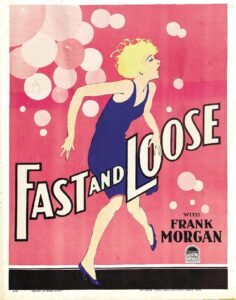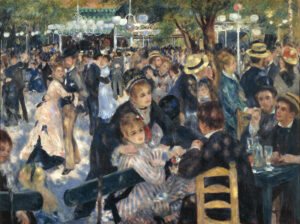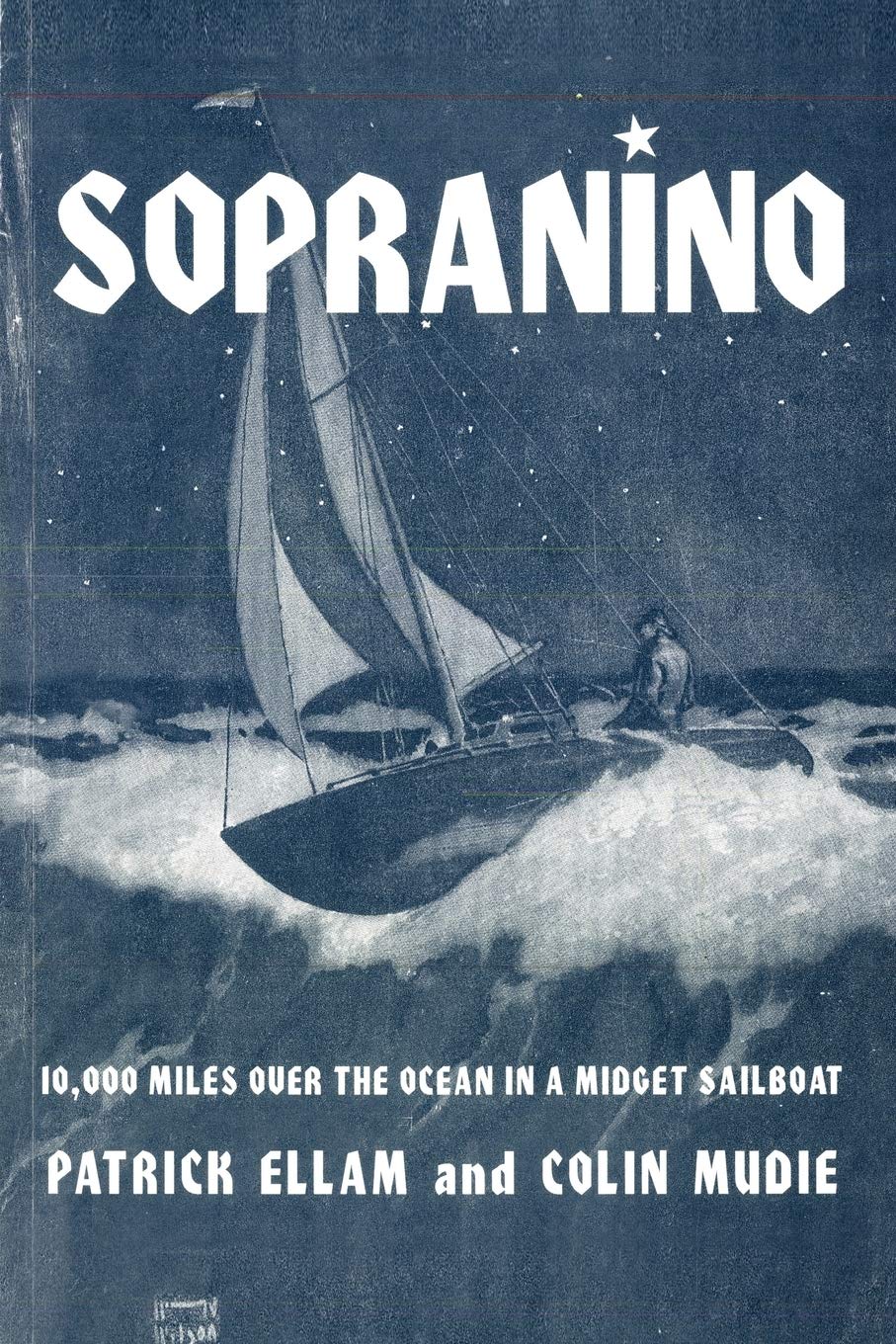Editor’s note: I’m delighted to get a suggestion and post from Leo. I invite other student readers to send me words and metaphors. I appreciate Leo’s mention of Joseph Heller’s amazing novel, one that used to be read widely on college campuses and would merit reading again in these times.
Merriam-Webster’s online dictionary defines Hobson’s Choice as an apparently free choice that in reality is more like an ultimatum. The word comes from a British 17th-century stable owner named Thomas Hobson from Cambridge. Hobson was a courier with a large stable of horses he would rent out to university students looking to go riding or visit nearby London.
He noticed that all the students only wanted to ride his best horses while the rest got no use at all. This was problematic. His most popular horses were being overworked while the rest were becoming deconditioned. Hobson fixed this by devising a system where he’d switch the horses everyday from stall to stall on a planned circuit. The horse nearest the stable entrance — and only that horse — was what Hobson would rent to students for that day. Students had the choice of that horse or no horse at all.

What comes to mind when I think of Hobson’s Choice is Joseph Heller’s hilarious book Catch-22. The story takes place during the second World War where Milo Minderbinder — the squadron mess officer — gives his fellow servicemen a choice that’s not a choice at all:
“[Milo] raised the price of food in his mess halls so high that all officers and enlisted men had to turn over all their pay to him in order to eat. Their alternative, there was an alternative, of course—since Milo detested coercion, and was a vocal champion of freedom of choice—was to starve.”
If you have a word or metaphor you enjoy, send them by e-mail (jessid -at- richmond -dot- edu) or by leaving a comment below.
See all of our Metaphors of the Month here and Words of the Week here.
Image credits: Ἰάσων at Flickr for horses, Wikipedia for image of Thomas Hobson.











